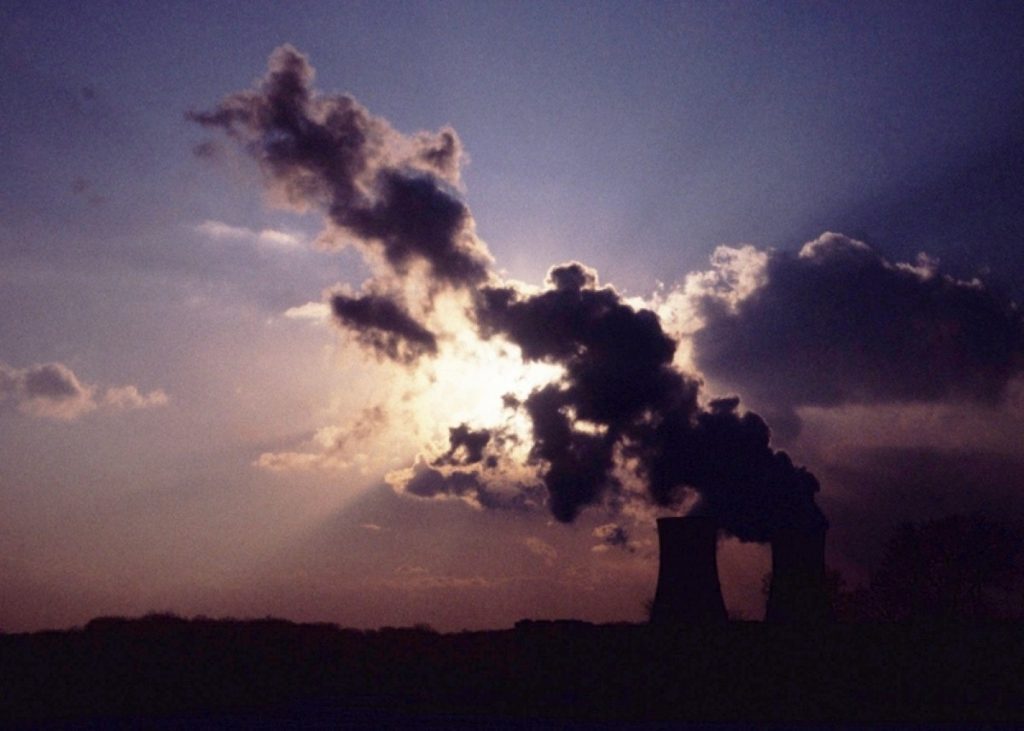Cabinet splits over carbon budgets
Chris Huhne faces opposition from other government departments over plans to cut greenhouse gas emissions by 50%, according to reports.
The Liberal Democrat energy and climate change secretary faces opposition after the independent Committee on Climate Change (CCC) published its report on carbon budgets for the years 2023 to 2027 yesterday.
The CCC’s recommendations have triggered the first divisions within Cabinet over cutting carbon emissions.
Mr Huhne’s largest challenge is from Liberal Democrat colleague Vince Cable, whose Department for Business, Innovation and Skills opposes the proposed measures.
These include halving emissions between 1990 and 2025. The government has committed to cutting emissions by 80% on 1990 levels by 2050.
In a letter to deputy prime minister Nick Clegg and chancellor George Osborne leaked to the Guardian newspaper, Mr Cable wrote: “Agreeing too aggressive a level risks burdening the UK economy, which would be detrimental to UK, undermining the UK’s competitiveness and our attractiveness as a place to do business.
“I have a number of concerns about supporting the CCC’s recommended level at this time.
“It is important that we strike the right balance between our pursuit to decarbonise the UK economy whilst ensuring that UK economic growth and employment is sustained.”
The Treasury and the Department for Transport are also against the rapid pace backed by the CCC, the BBC reported.
The CCC also said renewable energy should contribute as much as 45% of Britain’s energy needs by 2030.
Environmental groups reacted with dismay to news of the government’s wavering on cutting carbon emissions.
“It’s time for the Lib Dems to show their true colours – and their commitment to a safe, green future,” Friends of the Earth’s executive director Andy Atkins said.
“Chris Huhne must make it clear that the credibility of both the coalition and his party are at stake – if the government won’t stand up for climate action he should stand down.”
Adair Turner, who chairs the committee, said that renewable energy technologies were very promising and had a role to play alongside nuclear energy and carbon capture and storage.
“The focus now should be creating a stable investment climate for renewables, making longer-term commitments to support less mature technologies, and putting in place incentives to deliver significantly increased investment in renewable power and heat generation required over the next decade.”
Disputes over the government’s broader agenda on carbon emissions looks set to overshadow scrutiny of the energy bill, which faces its first major parliamentary test in the Commons later today.
The bill is supposed to tackle barriers to investment in energy efficiency, as well as enhance energy security and enable investment in low carbon energy supplies.
Friends of the Earth says the proposals are too weak to make much of a difference, however.
The environmental pressure group is calling for the legislation to be improved by calling for amendments ensuring a strategy to insulate more warm homes and a legal minimum standard of energy efficiencies in rented properties.
“Chris Huhne promised the Green Deal would be the most ambitious energy saving plan ever, yet it will leave millions of poorer families out in the cold,” policy and campaigns director Craig Bennett said.
“We need a comprehensive strategy for a nationwide refit of the UK’s cold and draughty homes to tackle climate change and end fuel poverty – starting by ensuring that rented homes meet a basic standard of heating and insulation.
“Ministers must give households, landlords and businesses the confidence and incentives to invest in energy efficiency.”





-01.png)